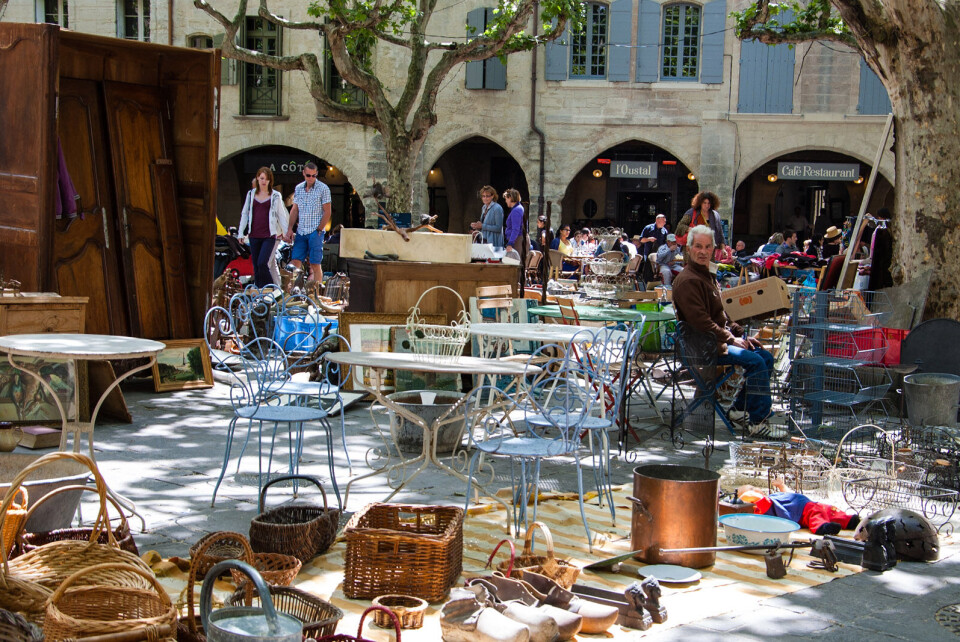-
Can you vote by proxy in French elections?
French and EU citizens are eligible to vote in municipal elections
-
How to get UK TV signal back in French home?
Newer satellite box models can help
-
Plans for new French youth worker contract that makes firing easier criticised
Union compared proposals to controversial ‘CPE’ contract plans that sparked major protests
Brocante vendors in France limited to just two events a year
As brocantes and vide-greniers start to animate towns and villages again, warnings have been issued that individuals can sell at only two events per year

Under a 2016 change to the Code de commerce designed to protect professionals and clamp down on the sale of stolen goods, organisers of brocantes and vide-greniers are meant to obtain attestations from sellers saying they will not exceed this limit.
The attestations have to be made available to police or gendarmes at the brocante if they ask for them, and are then meant to be sent to the prefecture.
False declarations run the risk of €30,000 fines and a six-month prison sentence for illegal trading.
Sales from brocantes do not have to be included in tax declarations – unless they concern gold or silver, or items worth more than €5,000.
At the same time that an annual limit on brocante events was set, Code de commerce rules were also tightened for clearance sales held in places which are not usually considered shops, or sales from vans or lorries.
The rules limit the sales to two months in one location or in a regular tour, and require permission from the mairie.
Exceptions are made for fruit and vegetables sold from stands at times when there is a surplus, and for the vans of local butchers, bakers and grocers making regular tours of rural areas.
























